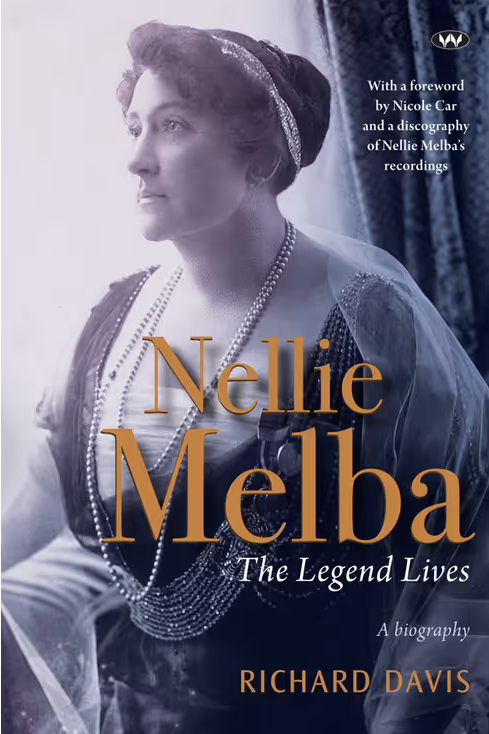Letters to the Editor
![]() Want to write a letter to ABR? Send one to us at This email address is being protected from spambots. You need JavaScript enabled to view it..
Want to write a letter to ABR? Send one to us at This email address is being protected from spambots. You need JavaScript enabled to view it..
‘Hearts full of courage’
Dear Editor,
Reading Bain Attwood’s essay ‘A Referendum in Trouble’ (ABR, July 2023), I’m reminded of Professor Anna Clark’s judgement of Australian historians’ complicity in the project of colonisation, and particularly her assessment of the ‘discipline’s striking hypocrisy (‘The book that changed me: I’m a historian but Tony Birch’s poetry opened my eyes to confronting truths about the past’, The Conversation, 29 March 2022). Attwood appears at first glance to offer a dispassionate and reasoned analysis of the differences between the 1967 referendum campaign and the present push for constitutional reform. There may well be validity in his contention that ‘a series of intersecting discourses’ around race and rights has changed in the intervening decades. But the takeaway message from his history lesson is stark and confronting: the current Voice offensive is losing ground because today’s ‘Yes’ leaders (who are largely First Nations) have failed to do what the 1967 campaigners (who were almost exclusively white) did: ‘tell a really good story’. More disturbingly, Attwood sees fit to offer his own solution to the self-styled problem. The federal government, he argues, should ditch the referendum and introduce legislation to create an Aboriginal Voice to Parliament. That is, Attwood’s panacea is the very outcome that the entire Uluru Dialogue process has rejected.
Attwood might have once been considered a progressive scholar, but he is no ally. The upcoming referendum is a political struggle, not a tutorial assignment. Historian Tony Birch has previously expressed his disaffection with the Australian history profession. Writing of the early 2000s, Birch notes: ‘We had not realised that the history war was a dirty war, a guerrilla war, with no rules and no respect for convention.’ Birch condemned white historians for neglecting to get ‘down in the gutter with the political animals’. (‘The Trouble With History’ in Australian History Now, edited by Anna Clark and Paul Ashton, NewSouth, 2013). Attwood’s timing seems similarly out of tune. What good could possibly come now – four months out from a national vote in an era when the electorate is noticeably volatile and opinion polls are notoriously unreliable – from Attwood’s conclusion that, ‘I find it hard to imagine that the “yes” case will succeed’? Why weigh in with such imaginative parsimony at a time when those tireless First Nations campaigners in whom Attwood has so little faith are calling for ‘hearts full of courage and optimism’? Why indulge in intellectual virtuosity when you could, for example, model some ‘truth-listening’ and hold your tongue until after the referendum? Every white academic with a keyboard and a tenured job is entitled to their opinion, but I fail to see what positive benefit to the project of Aboriginal self-determination Attwood’s intervention serves. Let’s hope that his imagination and his intercession are on the wrong side of history.
Clare Wright
Correction
Maria Takolander was incorrectly listed in the July 2023 Advances as the third Peter Porter Poetry Prize judge instead of Felicity Plunkett. As Advances readers know, Maria was one of the judges of the 2023 ABR Elizabeth Jolley Short Story Prize.










Comments (2)
Leave a comment
If you are an ABR subscriber, you will need to sign in to post a comment.
If you have forgotten your sign in details, or if you receive an error message when trying to submit your comment, please email your comment (and the name of the article to which it relates) to ABR Comments. We will review your comment and, subject to approval, we will post it under your name.
Please note that all comments must be approved by ABR and comply with our Terms & Conditions.